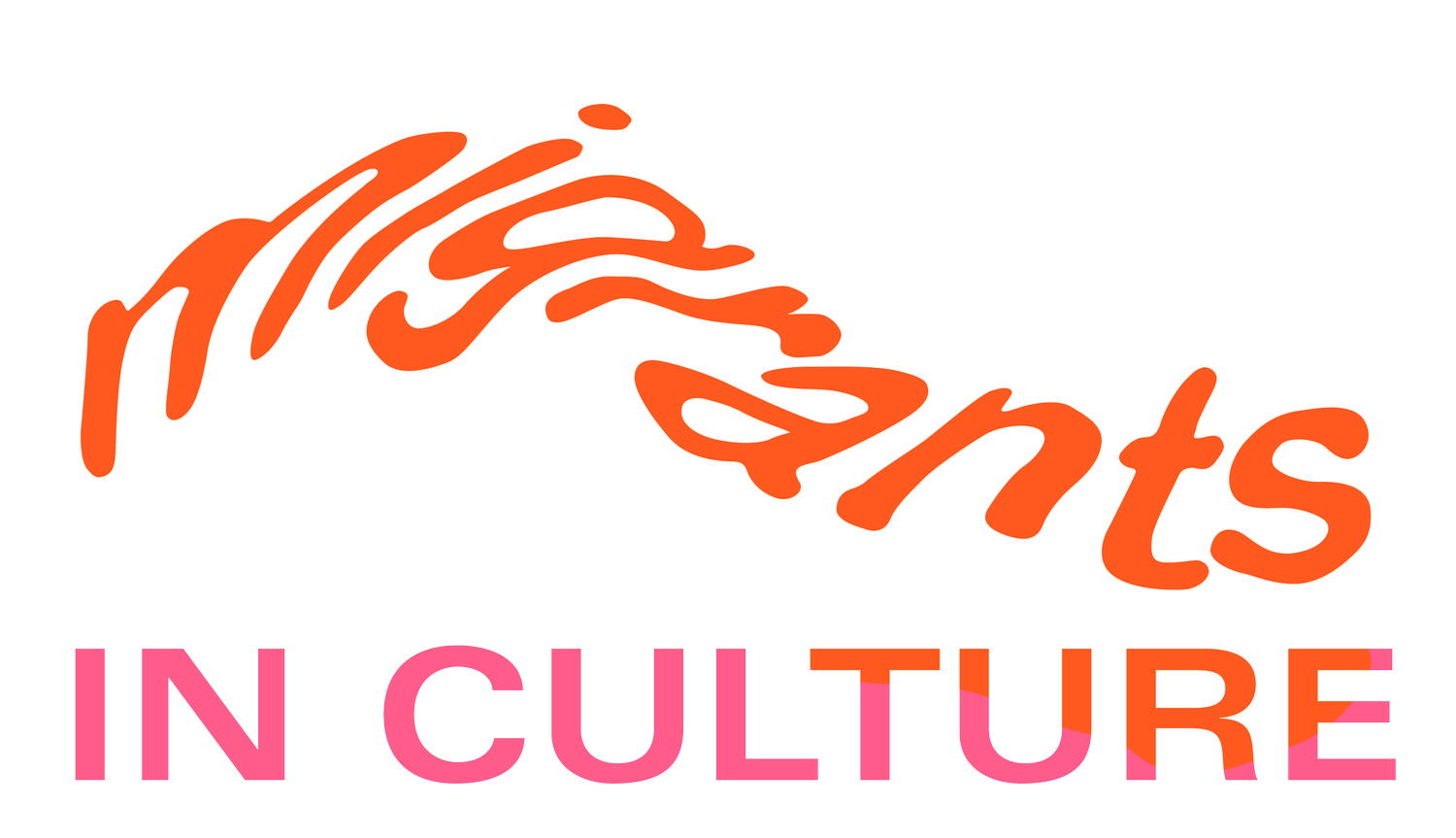Abolition is Presence:
Mapping the practices and possibilities of border abolition in the UK
Ruth Wilson Gilmore reminds us that ‘What the world will become already exists in fragments and pieces, experiments and possibilities. Abolition is building the future from the present, in all the ways we can.’
As we build upon abolitionist movements of our past and collective visions of our future, we ask - in what ways are we witnessing the presence of abolition in the UK today? How are migrant and abolitionist organisers building on histories of resistance and experimenting into the future?
Our third conversation framing Saturday School brings together organisers to reflect on and map our collective efforts towards abolition: Gracie Mae Bradley, co-author of Against Borders: The Case for Abolition; Kelsey M, prison abolitionist and organiser at Cradle; Azfar Shafi, author of Race to the Bottom: Reclaiming Antiracism and member of Nijjor Manush, and chaired by Nishma Jethwa, organiser at Alternative Justice and The Rights Collective.
We will contextualise border abolition in the UK specifically, mapping the ecology of this work (past, present and future). We will think about what has been inspiring organisers in this space and what or who is making this work possible.
Saturday School is a 3-year creative learning lab for organisers to embody, imagine and design for border abolition. For more information, see the Saturday School page.
Speaker Bios:
Gracie Mae Bradley
Gracie Mae Bradley is is a thinker, writer and campaigner with interests in civil liberties, migration, surveillance, and state racism. Gracie has over ten years' experience in the UK NGO sector, including over a year as Director of the pressure group Liberty, as well as in grassroots initiatives including Against Borders for Children and Black Abolitionist Futures. She is the host of the Stuart Hall Foundation’s Locating Legacies podcast, co-author of Against Borders, and author of From Grenfell to Windrush which appears in "After Grenfell: Violence, Resistance and Response" (Pluto Press, 2019). Her first short story, Peacetime, was published by Salvage Magazine #13 (2022), and her poem Unlawful Gathering appears in When This Is Over: Reflections on an Unequal Pandemic (Policy Press, 2023). Gracie is a keen swimmer and forager in her spare time.
Kelsey M
Kelsey is a feminist, abolitionist organiser based in London, resisting state violence and working to explore and build transformative justice and community-led responses to violence. As a facilitator with grassroots collectives she delivers workshops exploring community accountability, bystander intervention, power, and tools for campaigning and movement building. She is part of Cradle, an abolitionist collective made up of people radicalised by their shared experiences of gender and racial marginalisation. They are committed to building towards our collective liberation by experimenting with transformative justice approaches to conflict, harm and accountability. They do this by creating space for skill sharing, imagining and transformation.
Azfar Shafi
Azfar Shafi is a researcher and a writer with a focus on race, imperialism and national security. He has organised in movements against racism, state violence and around Palestinian liberation struggle. He is part of the Bengali left group Nijjor Manush, an editor at Ebb Magazine and co-author of the book Race to the Bottom: Reclaiming Antiracism.
Nishma Jethwa
Nishma is a facilitator, educator and community organiser based in London with a focus on working within movements to build liberatory governance structures, design and deliver training curricula rooted in feminist and anti-oppression practice, and frame programs to advance gender justice, labour rights and feminist tech. She is part of The Rights Collective, a radical South Asian organising collective in the UK. As an abolitionist, she has a specific interest in critically looking at and challenging punitive and individualistic approaches to harm, conflict and abuse, and she often facilitates accountability and generative conflict processes for her community with Alternative Justice, a transnational collective of transformative justice practitioners.
